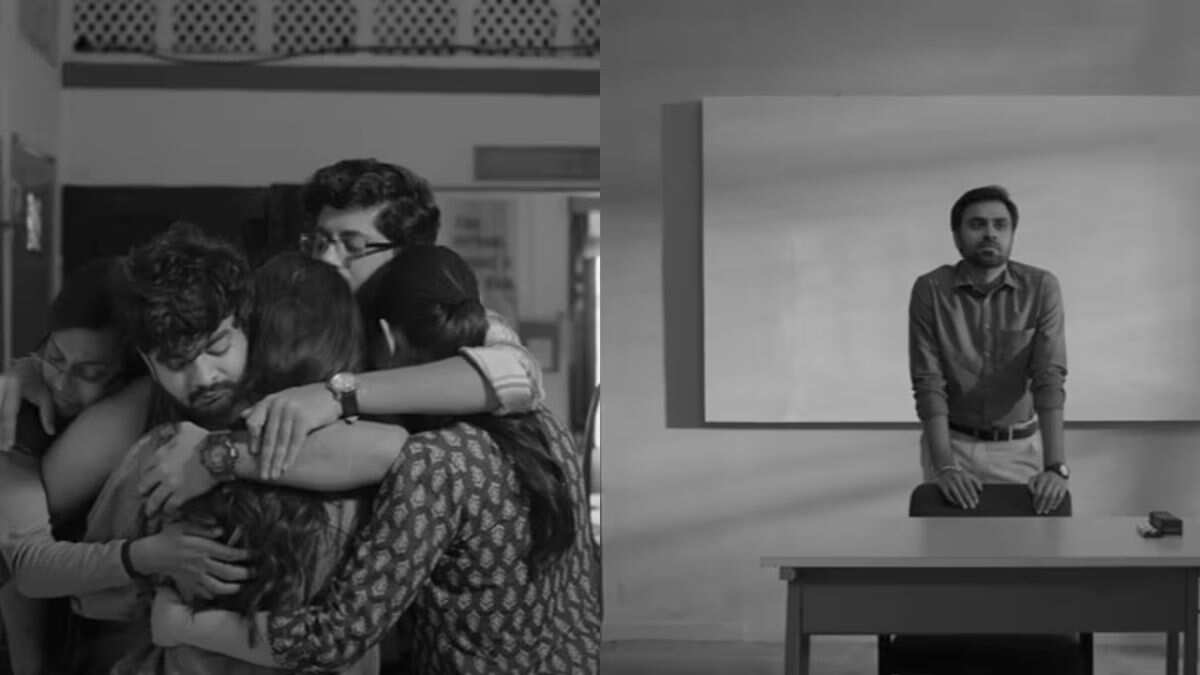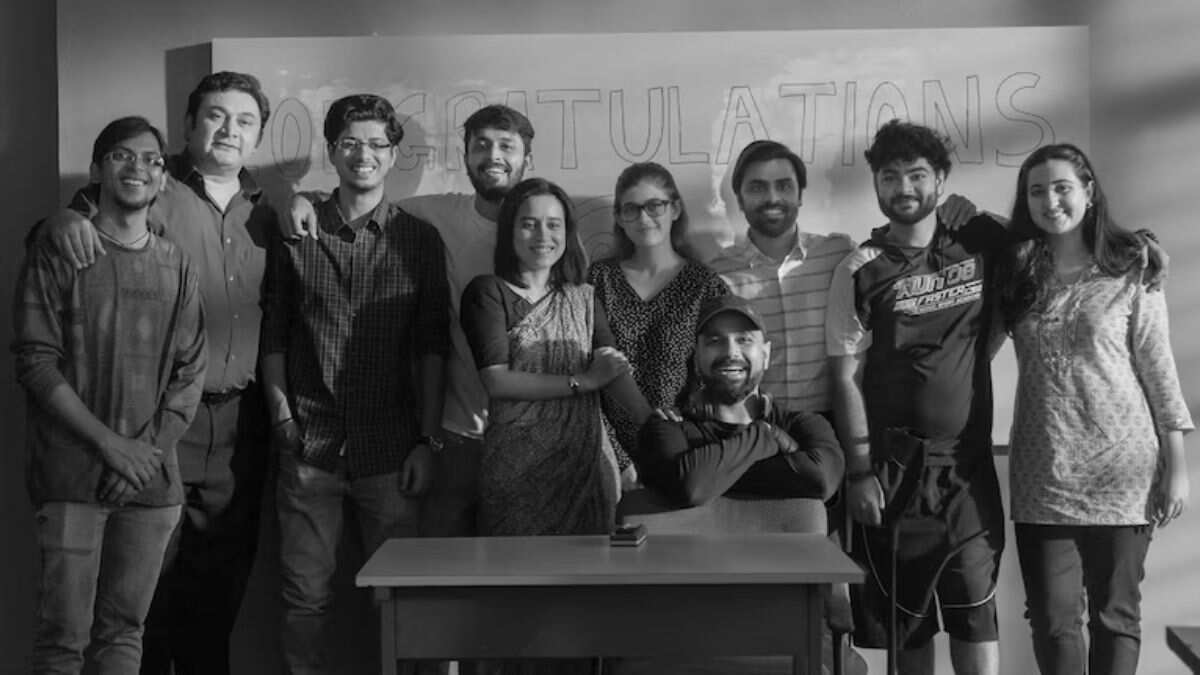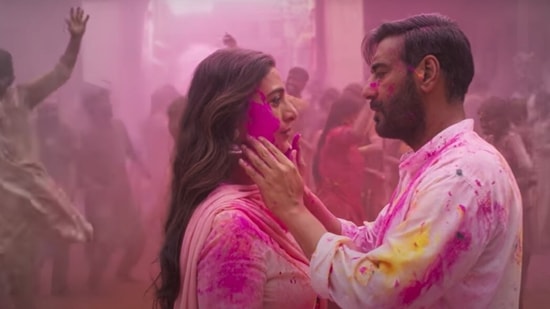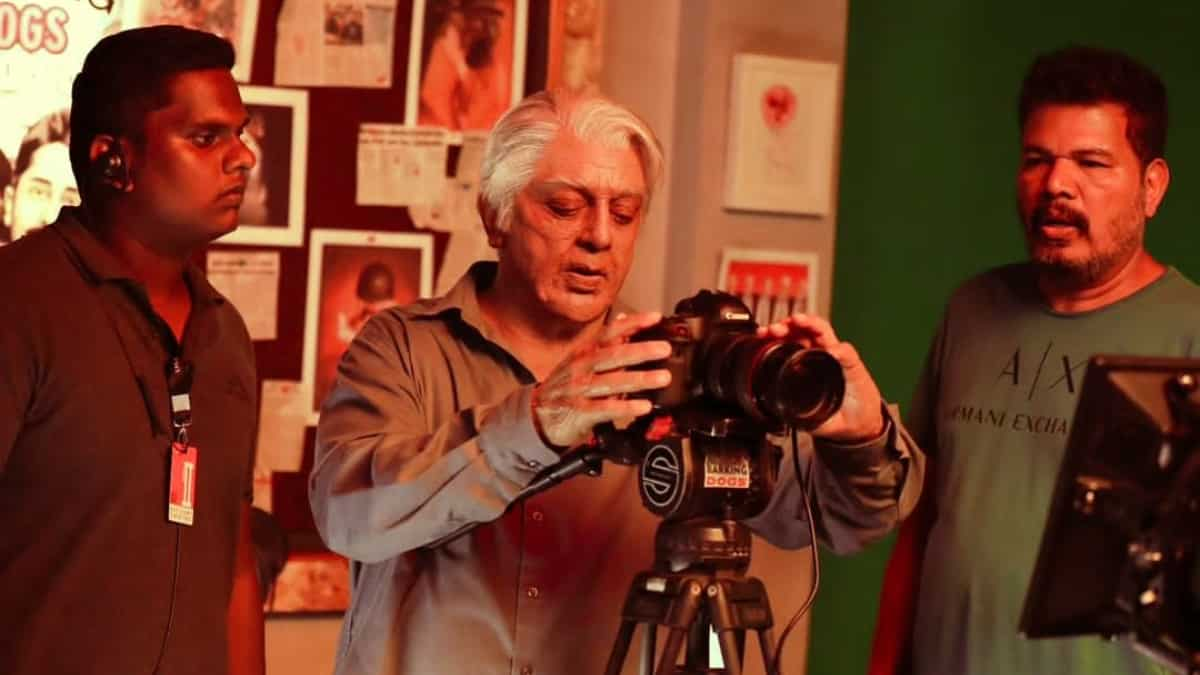
Kota Factory Season 3 Is So Jaded That It Makes Sitting On The Fence An Artform
16 days ago | 19 Views
LAST WEEK a troubling video went viral on social media. A UPSC aspirant was denied entry at the examination premises which caused instant panic among her family members. Her mother fainted and her father was in tears. All of this was caught in a video that was widely circulated and prefaced with the choicest remarks on the toxicity of Indian parenting. Amidst the paraphernalia, two things were sidelined: the young girl staring at an uncertain future and a system that fostered the belief in parents that the only future of their child is partaking in that crushing system. The new season of Kota Factory, a show based on a place that has become synonymous with a similar student strife, plays out like that video where everything it intends to hold our attention with feels like a cop-out.
To be fair, since its inception in 2019, the series hardly displayed an inclination to explore the psyche of the students caught in the rut of clearing competitive exams. Kota Factory might be about the senseless industrialisation of a place that houses hordes of teenagers and includes them in a system that treats every situation as dire but the depiction has been in broad strokes. Take the fact that it is shot in black and white, the palette hinting at the soul-sucking overtone of the place. Or that its very title is self-explanatory. Or, the mental labour of those subjected to an unyielding education structure is distilled in one sweeping monologue.
In the first season, it seemed enough as the outing gained from its ingenuity and candid eagerness to showcase parts of a place that made up this supposed machine running on sleep-deprived students. By the third season, Kota Factory’s continued refusal to go any further feels lazy and opportunistic.
There was hope in the beginning. The setting is the same, the primary characters — Vaibhav Pandey (Mayur More), Uday Gupta (Alam Khan) and Balmukund Meena (Ranjan Raj) — are trudging on with their lives as they used to. But there is something rotten in Kota. A stifling damp room, a half-eaten rotting apple and a man living with them: Jeetu, adoringly called Jeetu bhaiya. His classes and life lessons prepare students to crack IIT and life but something has altered his being. When we see Jeetu, he looks uncharacteristically rattled. He does not want to take classes or face his students; his phone is left unanswered. The knot of curiosity is detangled with one flashback sequence and his sessions with a therapist. The suicide of a student (season 2 concluded with this) has rattled him, reckoning him for the first time the pressure of being a bhaiya, a teacher who also doubles up as the mentor.

There were problems in the first episode. The visual grammar of portraying a crumbling mental health with a damp ceiling or a decaying apple is jaded, to say the least. There was also the case of bad writing (Puneet Batra, Pravin Yadav, Nikita Lalwani and Manish Chandwani are credited) where exposition is dumped one after another. In one of the sessions, Jeetu tells his therapist that he is feeling better now from how he used to be. He then goes on to list everything that he felt back then, like lethargy, and unwillingness to get up from the bed, as if the therapist is a new-found friend and not someone who accompanied him in this ordeal and helped him get through it.
But I saw some light at the end of the tunnel, hoping that it might be a segue for the show to finally highlight the hostility of a system that results in students’ suicide every year (2023 was adjudged as the year when the highest number of students killed themselves). But Kota Factory (Pratish Mehtais - the director) is as disinterested in exploring it in 2024 as it was in 2019. Instead, the focus is on Jeetu and his discomfort with the mentor's tag. The subtext is easy to understand: the arrangement cripples even those running it. While this might feel like an impending critique of the system, the remaining episodes make it clear that it is anything but.
Much like the new season of TVF’s Panchayat, season three of Kota Factory increasingly comes across as a product placement of the government. The intent to please is so much that it sidesteps all commentaries and overlooks how anti-student its authoritative body has been revealed to be (while writing this review, the Center has already cancelled the National Eligibility Test impacting the future of at least 11 lakh students; this comes right after the National Eligibility-cum-Entrance Test row) in recent times.

Instead, the series includes a subplot where Jeetu is offered the job of policy-making for competitive exams by the government, which is initiated with a scene where Rajasthan’s education minister meets him (to hand him the job) and the latter details the many ways the government has been amenable to students. Seen in the current light, the moment comes across so tonally-deaf that it ceases to matter that there was a scene earlier where on a podcast Jeetu could be heard speaking about the unfairness of treating students differently as per their merit. That this is couched with the meeting scene only goes on to show how the TVF series has made an art out of sitting on the fence.
This is also why as the season concludes with the announcement of the results, the nagging feeling of watching is that of exhaustion. It is hard to care for the students in Kota Factory given how little empathy it reserves for them. Instead, we see the show’s preoccupation with making heroes out of its characters, forgetting that in a factory, heroism is a verb and not a noun.
#
















